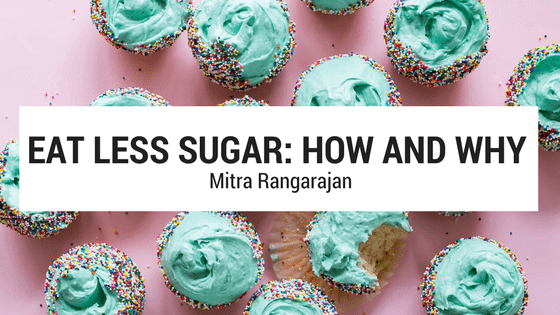We’ve all been told to consume less sugar, and kicking a sugar habit can be a challenge. According to the Dietary Guidelines Advisory Committee, sugar is the United States’ biggest health concern. Eating too much sugar has many health effects, and doctors and nutritionist recommend eating less of it. While sugar can cause weight gain, there are other serious health concerns that many do not realize.
Health Concerns
Everyone knows that a sugary diet can pack on the pounds, but not many know how dangerous that can be. High sugar intake can spike blood sugar levels, triggering a flood of insulin through your body, which can cause fat to accumulate around the stomach area. Furthermore, according to the British Cardiovascular Society, excess sugars can raise blood pressure which therefore increases the workload for the heart and arteries. The long-term outcome of high blog pressure can lead to heart disease, stroke, heart attacks, kidney damage and other severe coronary conditions. Research has also found that high sugary diets can lead to diabetes, liver disease, depression, and bad cholesterol.
Aside from reducing the risk of heart and other dangerous health conditions, lowering sugar intake can have many other positive benefits. Research has found that consuming too much sugar can cause impair cognitive function and reduce proteins that are necessary for memory and responsiveness. Thus, eating less sugar keeps our brain sharp. Another positive of eating less sugar is keeping your skin clear and young. Sugar can hinder your skin’s collagen, making it harder for the skin to look plump. A sugary diet can also lead to reduced elasticity and premature wrinkles.
Tips for Eating Less
Lowering our sugar intake can be difficult – especially living in a world full of sugary snacks and treats. However, eating less sugar is vital to our health and here are a few tips for eating less sugar:
- Don’t Drink the Calories – We’ve all heard this before, but cutting out sugary drinks is one of the easiest ways to lower your sugar intake! Infusing water with fruit can be a great option if you want some flavor without the added sugars.
- Don’t Eat Sugar for Meals – Breakfast is a high sugary meal, so be sure to skip the cereal and opt for fruit with greek yogurt. Eating a balanced breakfast with protein and complex carbs will start your day off right!
- Read Labels – Sugar is lurking in more foods than you think! For example, salad dressings and sauces are filled with added sugars. Check the labels to see how much sugar is added and opt for a vinaigrette instead!
Mitra Rangarajan is one of the few people in the world who is cross-trained and certified in three interrelated, interconnected and intertwined disciplines which are: Nutrition, Diabetes Management, and Clinical Medicine/GI. Read more of Mitra’s GI Nutrition articles here!

